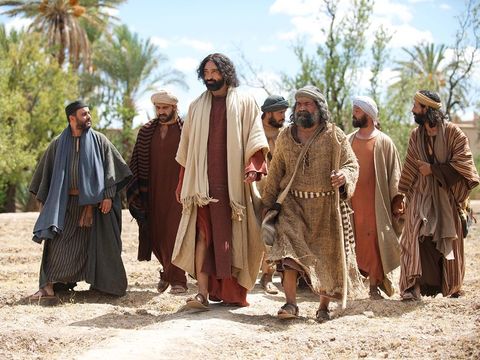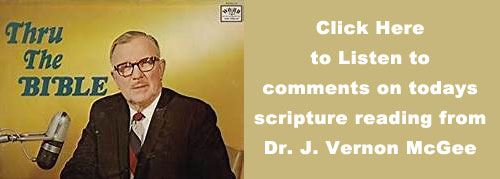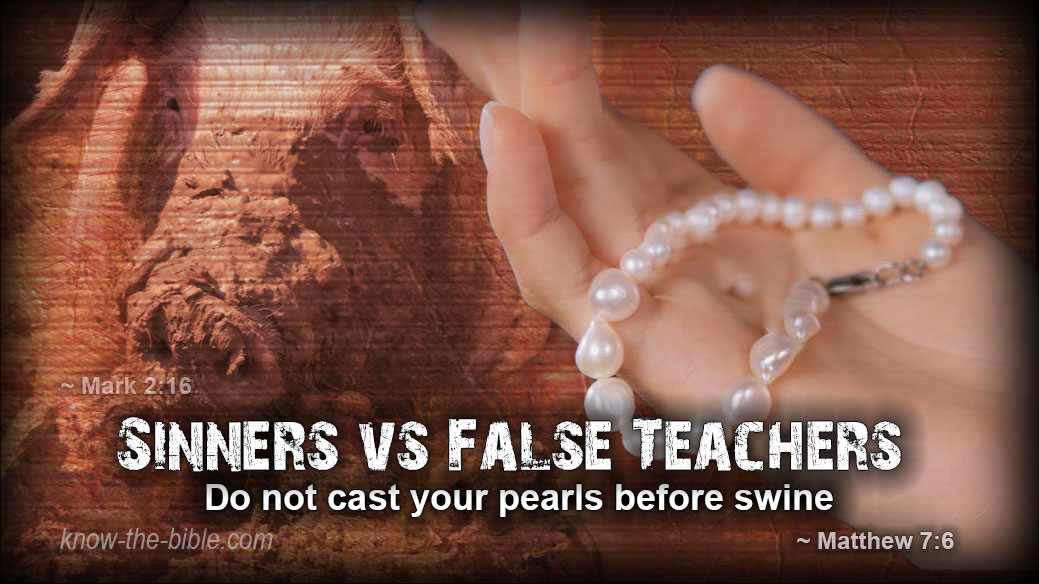Sinners vs False Teachers
And the scribes of the Pharisees, when they saw that he was eating with sinners and tax collectors, said to his disciples, “Why does he eat with tax collectors and sinners?” ~ Mark 2:16
While all people are sinners, false teachers are a greater danger because they lead others into deception. The Bible encourages sinners to repent, but it warns believers to beware of and oppose false teachers (Titus 1:9-11).
Unlike sinners who may sin out of weakness or ignorance, false teachers often lead others astray (Matthew 7:15, 2 Timothy 4:3-4).
Jesus dined with sinners and tax collectors to seek and save the lost (Luke 19:10), sharing God’s grace and encouraging repentance (Mark 2:16-17). In contrast, the Pharisees [false teachers], who prided themselves on their righteousness, often looked down on others. While Jesus engaged with them, He criticized their hypocrisy and self-righteousness (Matthew 23:27-28). Sinners were generally more receptive to His message, whereas the Pharisees resisted Him. Jesus welcomed those willing to listen and turn to God, challenging the proud and misled.
Jesus warns against sharing sacred things with those who mock the gospel [false teachers], saying, “Do not give dogs what is sacred” and “Do not cast your pearls before swine.” Of [false teachers] the proverbs are true: Proverbs 26:11 states, “As a dog returns to its vomit, so a fool repeats his folly,” and 2 Peter 2:22 echoes this sentiment. In His sermon, Jesus uses dogs and pigs to symbolize those who reject the gospel. Sharing the message with those who disrespect it is like giving pearls to swine. Christians can discern such individuals (1 Corinthians 2:15–16).
The phrase “don’t cast pearls before swine” doesn’t mean we shouldn’t share the gospel. Jesus dined with sinners (Matthew 9:10) but instructed His apostles to move on if their message was unwelcome (Matthew 10:14). While we must share the good news, we can’t control how people respond. Just as pigs don’t value pearls, some people fail to recognize Christ’s significance. Our role is not to force conversions but to seek those who are ready to hear the gospel.
What did Jesus mean when He said to not cast your pearls before swine?
Read / Listen
Leviticus 4:1-5:19
Mark 2:13-3:6
Psalm 36:1-12
Proverbs 10:1-2
New Testament

Jesus Disciples
Summary
Jesus Calls Levi, A Question About Fasting, Jesus Is Lord of the Sabbath, A Man with a Withered Hand
Mark 2:15-17. And it came to pass, that, as Jesus sat at meat in his house, many publicans and sinners sat also together with Jesus and his disciples: for there were many, and they followed him. And when the scribes and Pharisees saw him eat with publicans and sinners, they said unto his disciples, How is it that he eateth and drinketh with publicans and sinners? When Jesus heard it, he saith unto them, They that are whole have no need of the physician, but they that are sick: I came not to call the righteous, but sinners to repentance.
For ordinary Christians to associate with those who are like the publicans and sinners of Christ’s day, might be dangerous, for “evil communications corrupt good manners;” and Christians should be careful as to the company in which they are found; but for Christians to go amongst such people to try to do them good, is Christlike. The Church of Christ always fails in her duty when she looks upon any class of persons as being beneath her observation, or too far gone for her to reach. Our Lord’s mission was to find out, and to supply the needs of mankind, and he seems to have paid particular attention to the very worst of men because they needed him most; and his Church should always be guided in her choice of work by the necessity of the objects that need her care. And brethren, you and I, who are in the ministry, will do well to choose, not that sphere in which we may be most happy and comfortable, but that one in which we are most needed. If I were a lamp, and had my choice of where I would be hung, I should prefer to be hung up in the darkest place in London, where I could be of most service, and I think that every one of us would make just such a choice if we judged rightly, and desired to be where we were wanted, and to do as the Saviour did when he was on the earth.

Mark 2:23-28 By Dr. J. Vernon McGee – Thru the Bible
Listen to John MacArthur on today’s scripture below:
Then and there, in first-century Israel, He was rejected, He was despised, He was hated, and He was murdered. And the reason? He was not religious enough. That was the reason. By standards of the Jewish religious leaders, predominantly the Pharisees, He was not holy enough, if holy at all. He was not righteous enough, if righteous at all. He was not demanding enough, He was not legalistic enough, He was not condemning enough. He was not intolerant enough. He was not judgmental enough. He was not separatistic enough. He was sub-par to a dominantly religious worldview.
Now, if Jesus came today to our country in our time, He would be way too holy, far too righteous, too demanding, too legalistic, too condemning, too intolerant, too judgmental, and far too separatistic. And our generation would kill Him for that. The very opposite. Two different perspectives, two different societies in two different times. Our culture is highly secular and extremely immoral. Their culture was highly religious and extremely moral.
We would hate Jesus for condemning good people. They hated Him for forgiving bad people. The Jewish leaders, very soon into our Lord’s ministry, began to develop a deadly hatred for Him. The motive was the very thing I just said, He was not holy enough. In fact, He was so unholy that they concluded that He did what He did by the power of Satan. He was so unholy that He was energized by hell itself.
Read the entire sermon – Click Here
Views: 35

